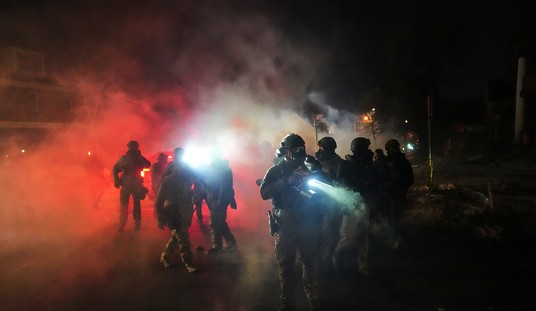Sponsored by NRA-ILA
Pro-gun members of Congress have introduced legislation to protect travelers who are transporting firearms interstate for lawful purposes.
The first such bill was H.R. 358, filed by Rep. H. Morgan Griffith (R-VA) and 38 cosponsors in February. Joining him this week was Sen. Orrin Hatch (R-UT), who introduced S.618 on Tuesday.
Unlike pending national reciprocity bills, this legislation deals specifically with transporting unloaded firearms, rather than for carry on one’s person en route.
Both bills would reform important provisions of the Firearm Owners Protection Act (FOPA) intended to protect the right of law-abiding gun owners to transport firearms throughout our nation. Yet in the years since its enactment, this law has too often been ignored by anti-gun local officials and effectively gutted by the courts. H.R. 358 and S. 618 would rewrite the law to implement the outcome Congress intended when it was passed more than 25 years ago.
FOPA’s safe transport provisions (codified at 18 U.S.C. § 926A) guarantee the right of a law-abiding person to transport an unloaded firearm between two locations where he or she may legally possess it, regardless of state or local laws along the route of travel that would otherwise prohibit such conduct. Under the current law, the gun must be cased or otherwise not readily accessible.
Most states have never had a problem with this law. However, both before and after enactment of FOPA, gun owners have had serious problems lawfully traveling in two states in particular: New York (especially New York City) and New Jersey. Rather than recognize Congressional intent to protect the rights of Americans traveling with legally owned firearms, these jurisdictions have used overly restrictive state licensing laws to harass and persecute nonresident gun owners.
For example:
- In 2004, the Port Authority Police Department (PAPD) arrested John Torraco at LaGuardia Airport for illegal possession of a firearm. Torraco, an attorney and law professor from Florida, had properly stored his legally owned, unloaded handgun in his checked luggage. However, when he declared the firearm to the counter agent (as required by federal law) he was arrested and charged for possessing the handgun without a New York handgun license.
- In 2005, William Winstanley, a New York State resident, was detained at John F. Kennedy International Airport when he attempted to check a handgun in his luggage, again in compliance with the requirements of § 926A. Winstanley was not arrested, but his travel was delayed for several days while he proved that he was in compliance with federal law.
- In 2005, Greg Revell, a Utah resident, was flying through Newark Liberty International Airport to his final destination in Pennsylvania. However, his flight into New Jersey was late, which caused him to miss his connecting flight. Revell was forced to collect his baggage and spend the night in a Newark hotel. When he attempted to recheck his baggage the following morning, he declared his unloaded handgun to the counter agent. PAPD officers arrested Revell for illegal possession of a handgun and ammunition under New Jersey law. Revell spent three days in jail before he was able to make bail.
Each of these gun owners filed a civil rights suit in federal court to vindicate their rights under FOPA. In each case, however, the courts interpreted the law to deprive travelers who comply with its provisions of any effective remedy after they’ve been arrested or detained by police for violation of state or local law.
Since that time, many other cases have resulted in guilty pleas to reduced charges, civil penalties, seized firearms, and delayed travel in situations where FOPA should have provided protection.
While cases of inappropriate arrest or detention are most common at the New York City airports, they are not limited to those locations. In Albany, NY, detention of gun owners and confiscation of firearms have been reported by persons traveling in full compliance with § 926A. The NRA has been forced to repeatedly warn gun owners that they should avoid using New York or New Jersey airports when traveling with firearms.
To correct this situation, the pending bills would:
- Expand the protections afforded travelers to include “staying in temporary lodging overnight, stopping for food, fuel, vehicle maintenance, an emergency, medical treatment, and any other activity incidental” to the trip.
- Put the burden of proof clearly on the state to show that a traveler did not meet the requirements of § 926A, rather than allow travelers to be arrested on local charges and forced to raise § 926A before a judge as an “affirmative defense.”
- Make clear that transportation of firearms, their magazines, and ammunition is federally protected.
- Make clear that violation of the right to transport firearms is judicially enforceable as a federal civil right, with attorney’s fees available to victorious plaintiffs in civil suits, as well as to defendants who prevail in criminal cases after raising a FOPA defense.
The NRA thanks Rep. Griffith and Sen. Hatch for their leadership in this vitally important effort and urges their respective chambers to take up the bills as soon as possible.
A constitutional “right” to arms that can be vetoed at every state, county, or municipal border is no right at all.








Join the conversation as a VIP Member